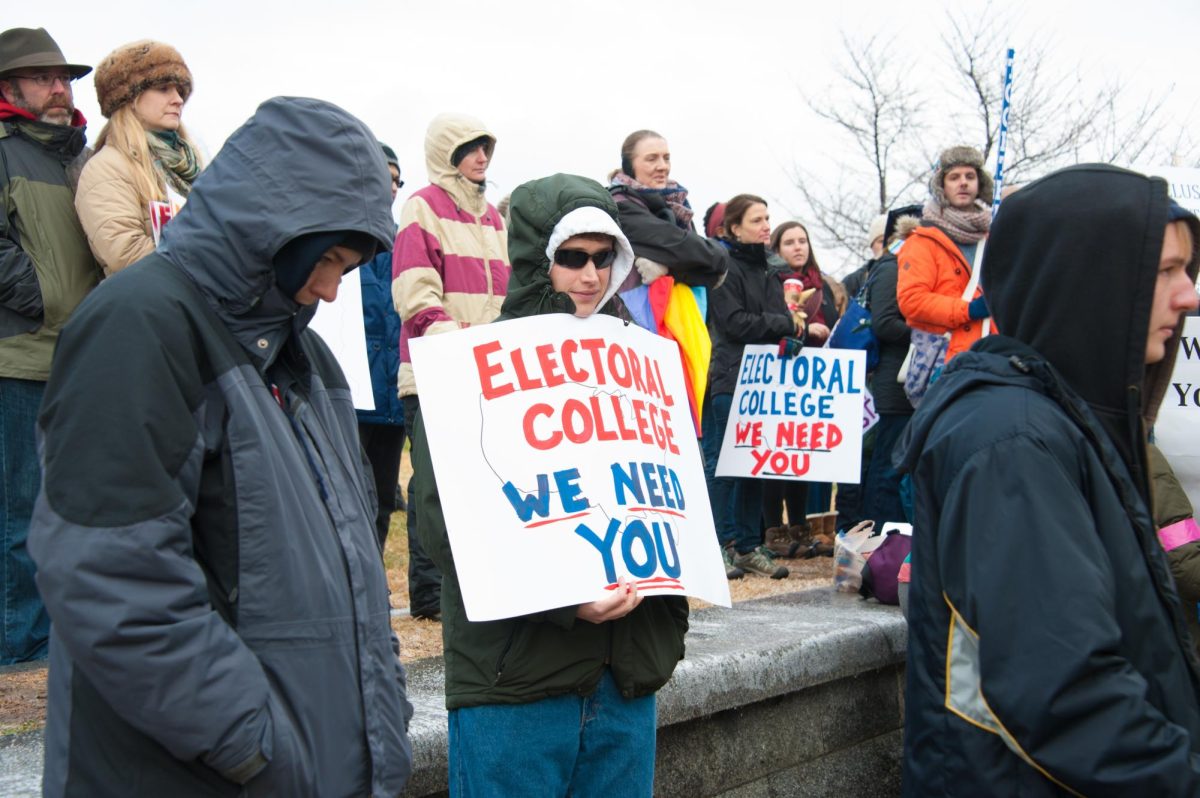The Electoral College ignites a quadrennial debate among citizens, scholars and even the elected officials participating in it. Despite being a mainstay in American politics for approximately 237 years, the Electoral College remains an enigma shrouded in misunderstanding. However, to someone who has taken a keen interest in the unique dynamics of the United States political system, it is an enigma shrouded in tremendous foresight and genius.
Critics of the Electoral College speak of its perceived complexity and the occasional discrepancy between the popular vote and the number of electoral votes received. Although the Electoral College does require a basic understanding of American geography and the intentions of our leaders immediately after the American Revolution, it is simple in its purpose. The persistence of the Electoral College in our nation demonstrates our steadfast commitment to providing balanced representation for an extremely diverse population. Additionally, this unique political system seeks to support the sovereignty of individual states through the preservation of local interests.
The Electoral College is responsible for the individualized and intensive pursuits candidates must embark on to win the presidency. Put simply, without the Electoral College, politicians would have little to no incentive to visit the majority of less-populated states. Instead, we would likely see candidates visiting only a handful of densely populated areas – namely cities – and campaigning on a platform that does not serve the interests of the average rural or suburban voting bloc.
Moreover, the Electoral College serves to moderate the candidates presented to the American voter. Due to the broad support needed to secure the presidency, candidates are less likely to push for policies that alienate the largest block of voters in our electoral system: independents. This moderation is beneficial in the short term and serves as a catalyst for long-term stability, as it encourages parties to form coalitions around central ideas that appeal to a wide array of the electorate.
Perhaps one of the most appealing advantages of utilizing the Electoral College is the clarity and swiftness it provides in election outcomes. If the United States were to employ the popular vote as a method of determining electoral results, split votes and divided loyalties would lead to widespread distrust in the accuracy of vote tabulation. Clear-cut outcomes serve to strengthen democratic legitimacy.
To deem the Electoral College a relic of the past is to ignore its timeless protection against majority tyranny and the disenfranchisement of those who might feel their votes did not carry meaningful weight. Fighting the legitimacy of such a well thought-out system with the weak argument of “But, democracy!” overlooks the true definition of how a democracy functions. (And the fact that the United States is a constitutional republic rather than a pure democracy, but I digress.)
The foundation of a democracy lies not only in voter access and participation but also in stability and the practical functioning of government. To those who deny the efficacy of our unique voting system, it is important to assess whether your criticism hinges on an idealistic view of democracy that ignores the polarization and potential conflict a contested popular-vote election could create.
By exploring the nuances of the Electoral College, we can better appreciate its role not merely as a tool of electoral mechanics, but as a reflection of a nation with diverse people, interests and ideas. To overturn or oppose the Electoral College is to challenge an indispensable component of the American electoral process.
In an ever-polarizing nation that continues to struggle with creating a strong, comprehensive identity and governance, retaining this ingenious system ensures a precious safeguard that promotes the voices of all Americans in our great “democratic” (again, constitutional republic, but I digress) experiment.






